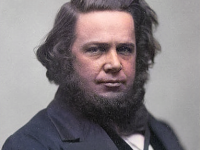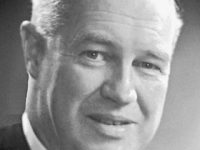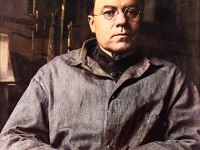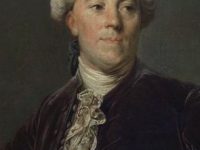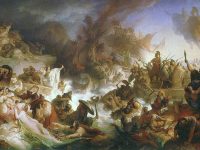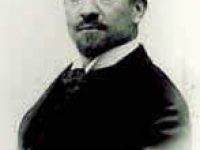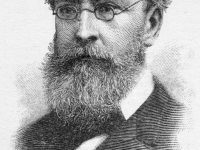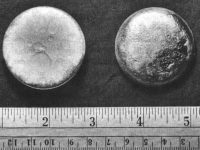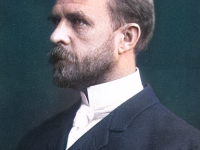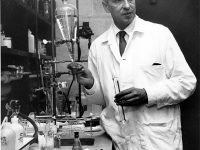Elias Howe and the Invention of the Sewing Machine
On October 3, 1867, American inventor Elias Howe Jr. passed away. Howe is best known for his invention of a a sewing machine using a lockstitch design. Elias Howe – Family Background Elias Howe Jr. was born in Spencer, Massachussetts, USA, the son of Dr. Elias Howe Sr. and Polly (Bemis) Howe. He was apprentice in a textile factory and after mill closings due to the Panic of 1837, he moved to Cambridge, Massachusetts. There, Howe…
Read more











